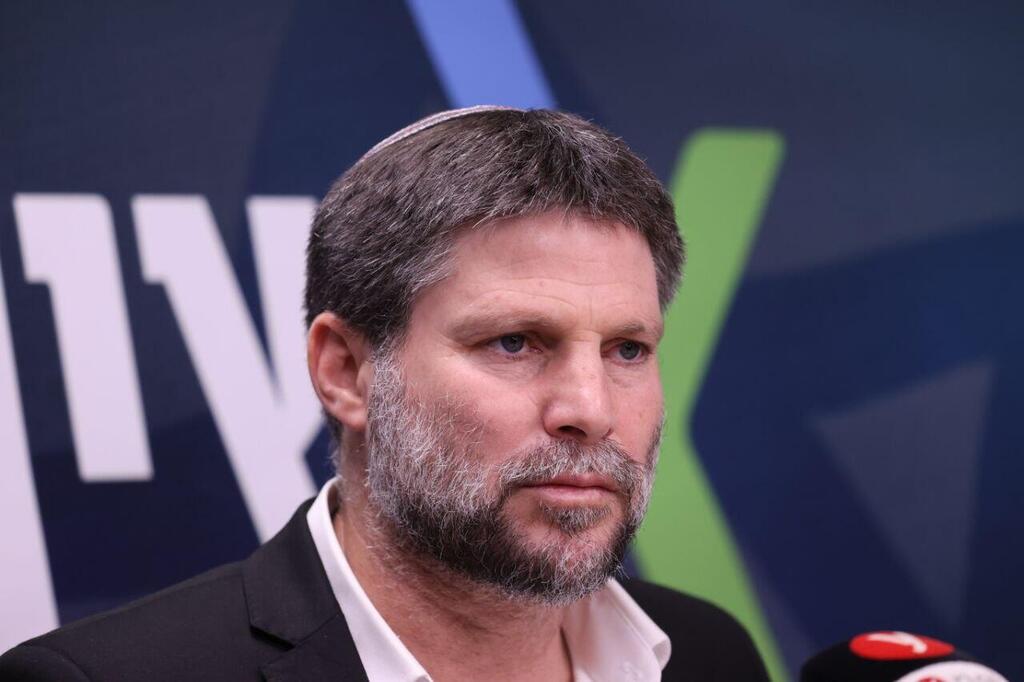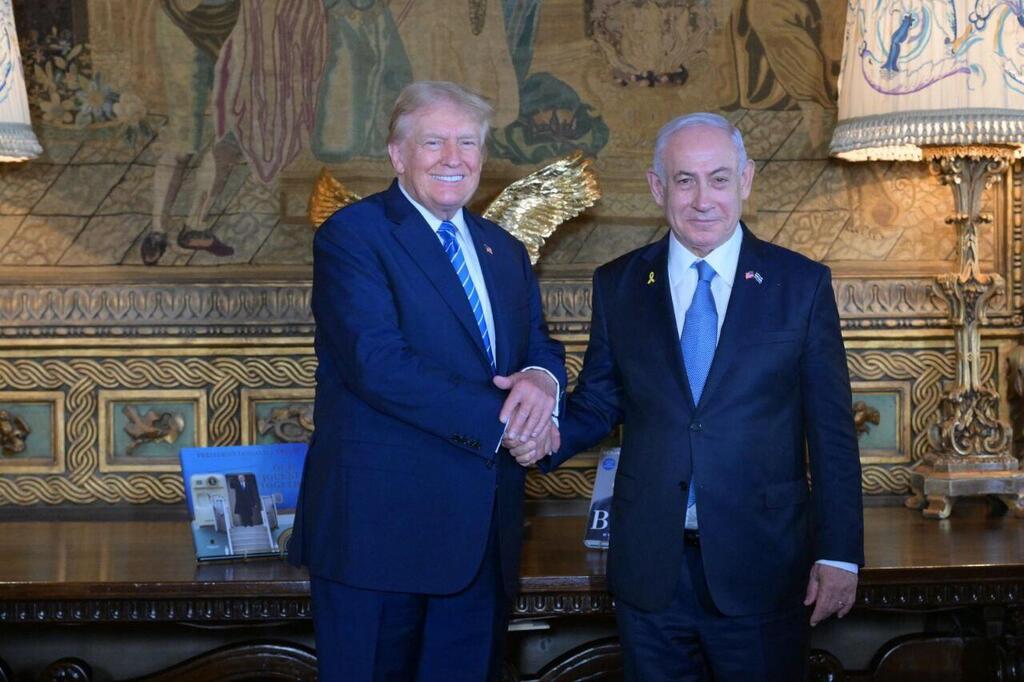Far-right finance minister says complete destruction of Hamas is a non-negotiable goal before any ceasefire; rejects concessions on the Philadelphi Corridor. stresses security concerns ahead of the Trump-Netanyahu meeting on Gaza and Saudi normalization
Finance Minister Bezalel Smotrich on Monday drew the red lines he would not allow Prime Minister Benjamin Netanyahu to cross ahead of his meeting on Tuesday with U.S. President Donald Trump and the start of negotiations on the second phase of the cease-fire and hostage release deal in Gaza.
“For example, leaving the Philadelphi Corridor is a red line for me,” Smotrich said at the start of the Religious Zionism faction meeting.
“The joy over the return of every hostage is immense and deeply moving for every Israeli and Jew. However, we cannot ignore the price we are paying and the harsh images we are witnessing in Gaza—scenes of Hamas asserting its rule and control, and the cruelty and bloodthirsty hatred of many Gazans who support Hamas.”
Smotrich said the war cannot end before Hamas is completely destroyed. “If, heaven forbid, we do not achieve this, it will only be a matter of time before they regroup and launch the next massacre. We are determined and are preparing for this.”
Netanyahu far-right coalition partner threatened to bring down the government if the prime minister proceeds to the next phase of the deal.
He said he woudl support a peace agreement with Saudi Arabia and other Arab nations but “they must be based on truth and not on lies, such as the notion that Arabs have national rights in the Land of Israel,” he said. “Furthermore, they must not come at the expense of the security of Israeli citizens, which includes achieving the objectives of the war: destroying Hamas’ military and governmental power, removing the threat, and returning all the hostages.”
Smotrich told his faction that an agreement with Saudi Arabia cannot, come alongside providing hope to the terror-supporting Palestinian Authority or to Arabs in the West Bank and Gaza for the establishment of a Palestinian state in the heart of the State of Israel.”
Earlier, Itamar Ben-Gvir head of the Otzma Yehudit Party who resigned from the government after the cease-fire deal was agreed, calling it a catastrophe, also addressed the Netanyahu-Trump meeting during his faction’s meeting. “Netanyahu must return with commitments to resume fighting and dismantle Hamas. Without returning to the fight and toppling Hamas’ rule, any other declaration he receives will not change the unfortunate fact that the war’s objective has not been achieved. As long as there is no government willing to dismantle Hamas’ rule, I do not see myself—and Otzma Yehudit will not return—to the government.”
Before departing for Washington, Netanyahu told reporters that in his meetings with Trump and other senior officials in the new Republican administration, he would discuss “the critical issues before us: defeating Hamas, returning our hostages, and confronting the Iranian axis in all its forms—an axis that threatens Israel’s security, the Middle East, and the entire world.”
“The decisions we made during the war, combined with the bravery of IDF soldiers, have already changed the face of the Middle East,” Netanyahu continued. “They have changed it beyond recognition. I believe that through hard work with President Trump, we can change it even more for the better.”
“We can strengthen Israel’s security, expand the circle of peace even further, and bring about a wonderful era we never dreamed of—an era of prosperity, security, and peace through strength. The strength of our soldiers, the strength of our citizens, the strength of Israel, and the strength of the alliance between Israel and the United States,” Netanyahu concluded.



